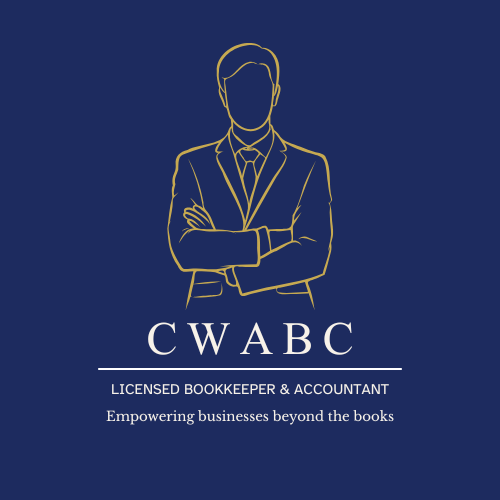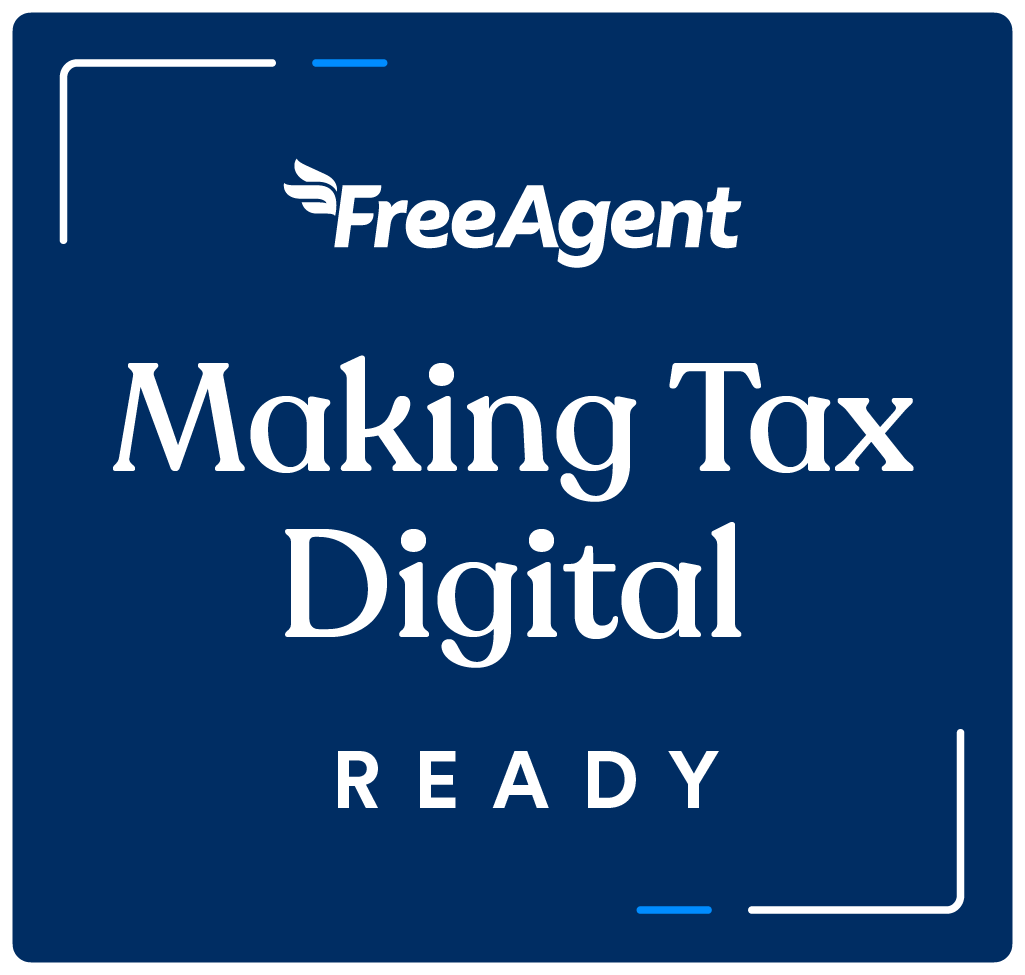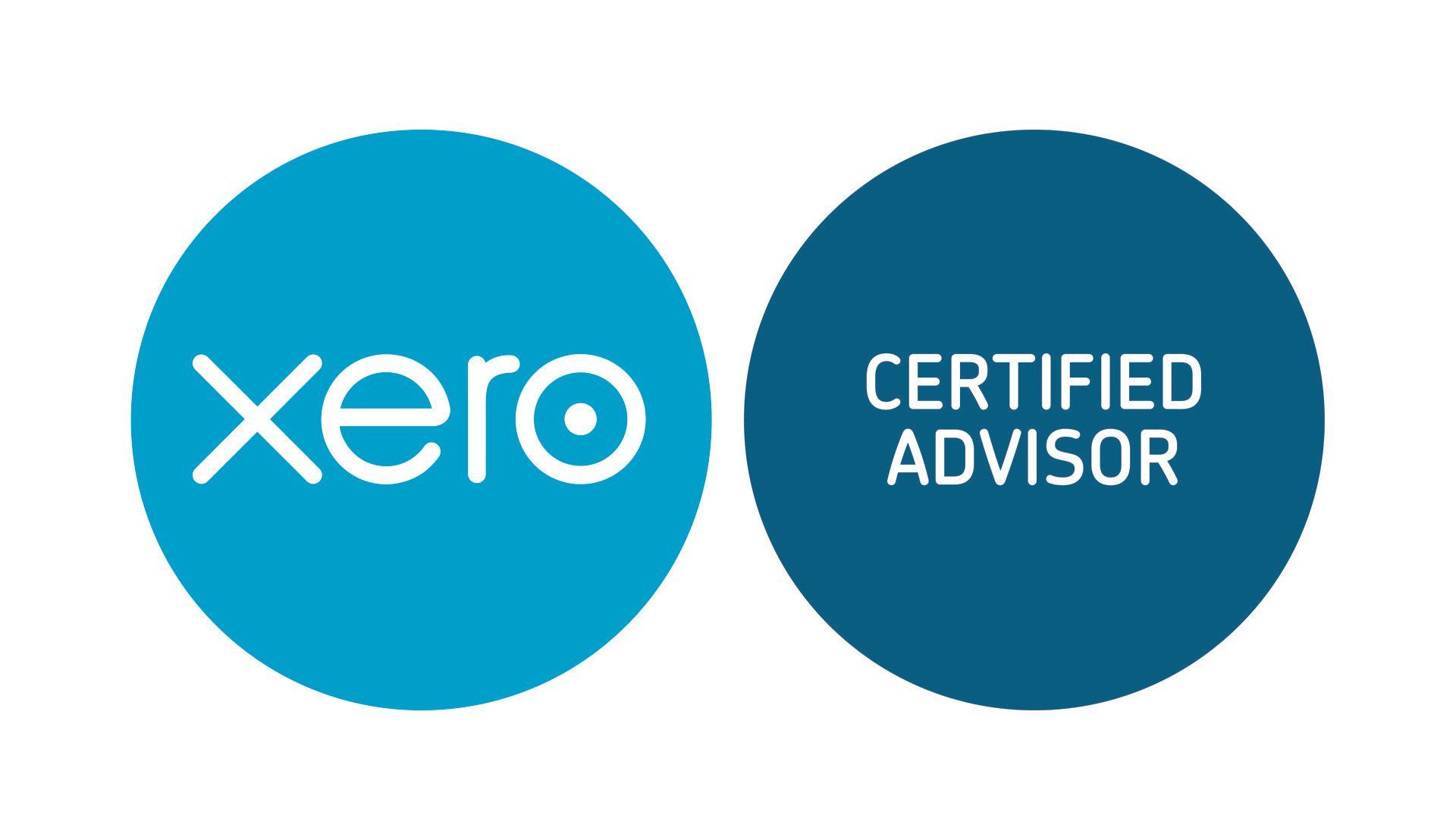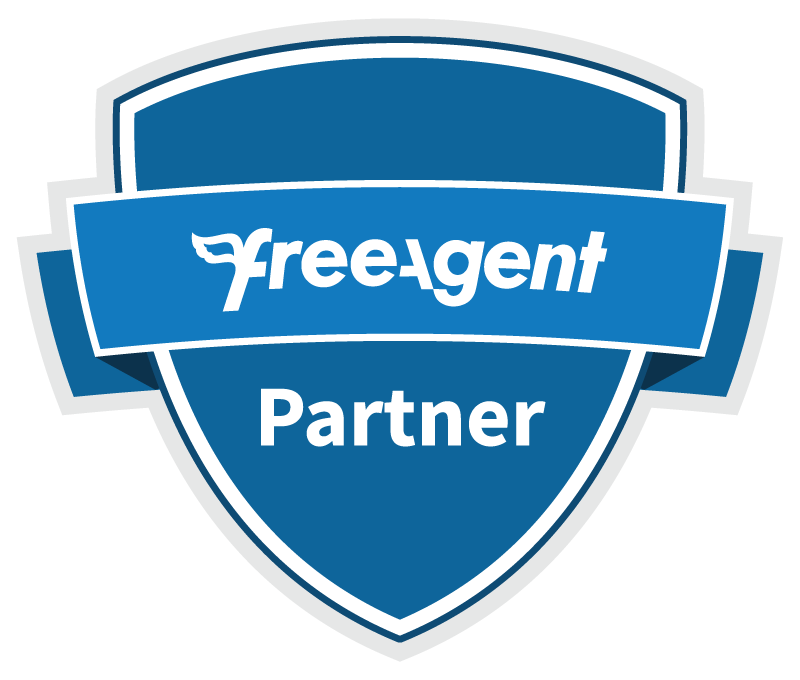Is Your Accounting Software the Right One for You?
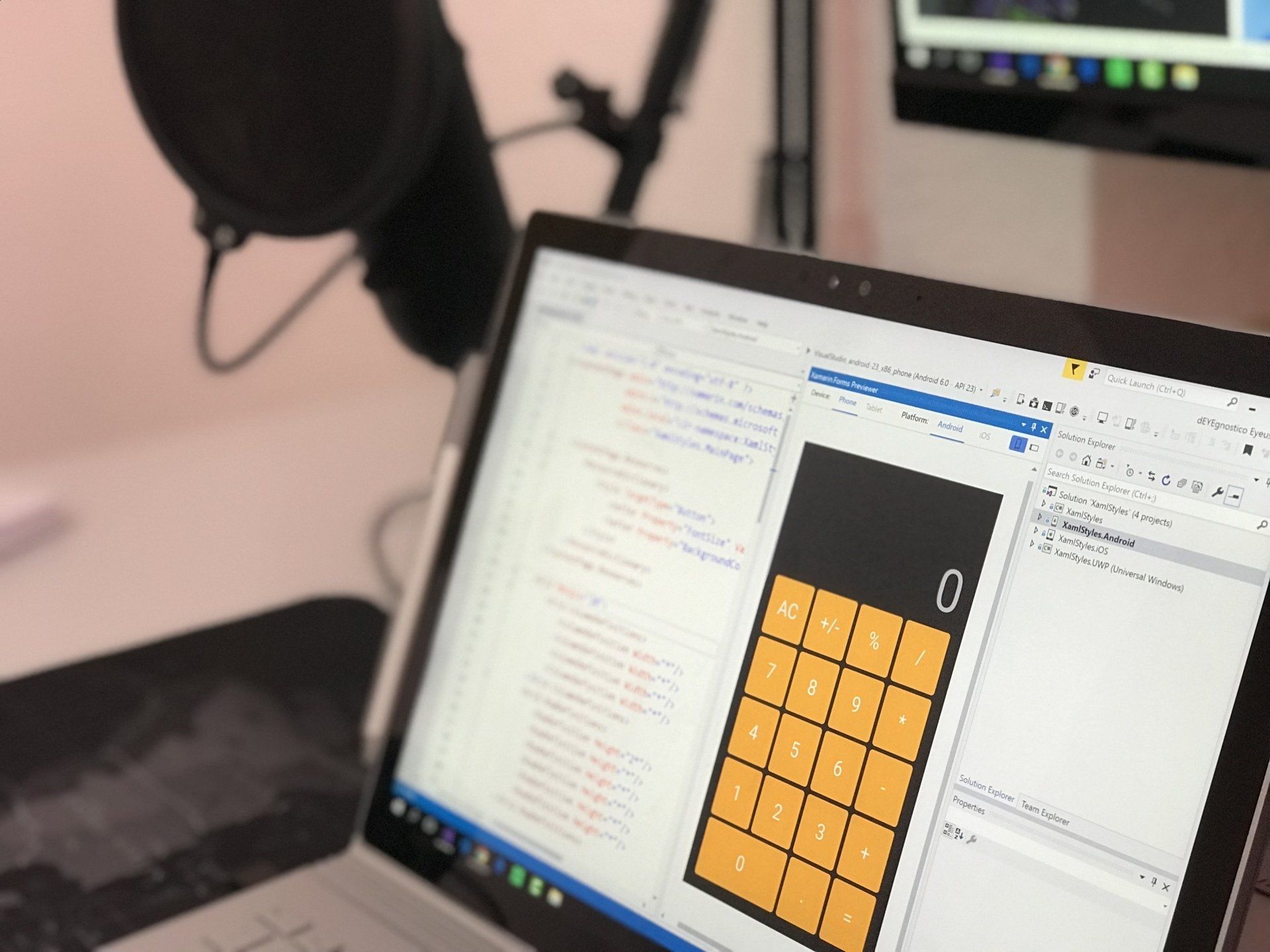
Choosing the right accounting software is crucial for managing your business finances effectively. The right software can save you time, reduce errors, and provide valuable insights into your financial health. However, with so many options available, how do you know if the one you're using is truly the best fit for your needs?
In this blog, we'll explore key signs that indicate whether your accounting software is helping or hindering your business. We'll also provide guidance on what features to look for and when it might be time to switch to a better solution.
Signs Your Accounting Software Might Not Be the Right Fit
If you’re experiencing any of the following issues, it might be time to reconsider your accounting software:
1. It’s Too Complicated or Too Basic
Some software solutions are packed with features that small businesses may never use, making them overwhelming and difficult to navigate. On the other hand, some software may be too simplistic, lacking essential features like invoicing, tax reporting, or payroll. If you find yourself struggling to use the software or needing additional tools to compensate for its shortcomings, it’s a sign that it might not be the right fit.
2. It Doesn’t Integrate with Other Business Tools
Your accounting software should work seamlessly with other tools like payment processors, inventory management, and customer relationship management (CRM) software. If you constantly have to enter data manually or use multiple platforms that don’t sync, it can lead to errors and wasted time.
3. Lack of Cloud Access or Mobile Usability
In today’s digital world, cloud-based accounting software offers flexibility and accessibility from anywhere. If your software is limited to a desktop version or doesn’t provide a user-friendly mobile app, you might be missing out on efficiency and real-time access to your financial data.
4. Limited Reporting and Insights
Good accounting software should provide reports that help you understand your business’s financial health. If your current software lacks detailed reporting features or makes it difficult to generate insights, you may be missing opportunities to make informed business decisions.
5. Poor Customer Support or Frequent Downtime
If you frequently encounter technical issues and struggle to get support, this can be frustrating and disruptive. Reliable customer service is essential when dealing with financial matters, so if your software provider isn’t responsive or doesn’t offer adequate support, it may be time to switch.
6. Expensive and Unjustified Costs
Many businesses start with affordable accounting software, but over time, hidden fees, additional feature costs, or price increases can make it more expensive than expected. If you're paying for features you don’t use or the cost outweighs the benefits, it’s worth considering a more cost-effective alternative.
What Features Should Your Accounting Software Have?
If you’re thinking about upgrading your accounting software, look for these essential features:
- Ease of Use – A user-friendly interface that doesn’t require extensive training.
- Automation – Features like automated invoicing, expense tracking, and tax calculations can save time.
- Integration – The ability to sync with your bank, payment gateways, payroll software, and other business tools.
- Scalability – Software that can grow with your business, allowing for additional users, advanced reporting, and new features as needed.
- Cloud-Based Access – The flexibility to access your finances from anywhere.
- Strong Security – Reliable data protection to keep your financial information safe.
- Affordable Pricing – Transparent pricing with no hidden fees.
When Should You Switch Accounting Software?
If you find that your current software isn’t meeting your needs, don’t wait too long to make a change. The best time to switch is usually at the end of a financial period (such as the end of the month, quarter, or year) to avoid major disruptions. Before switching, ensure you back up all data and carefully plan the transition.
Final Thoughts
Your accounting software should be an asset, not a hindrance. If it’s too complex, lacks key features, or is costing more than it’s worth, it might be time to explore other options. The right software will help streamline financial management, reduce errors, and give you better control over your business’s finances.
If you need guidance on choosing the right accounting software for your business, feel free to contact CW Licensed Bookkeeper & Accountant at info@cwabc.co.uk or 07306 812321 for expert advice.


